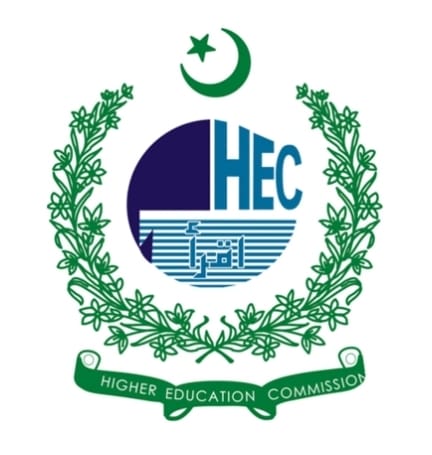Exploring the Relationships between Job Stress, Work-Life Balance, Employee Creativity, and their impact on Turnover Intention
DOI:
https://doi.org/10.59365/amsj.3(1).2024.111Keywords:
Job stress, Work life balance, Employee creativity, Turnover Intention, Banking IndustryAbstract
The purpose of this study is to investigate the connection between employee creativity, work-life balance, job stress, and intention to leave. This study offered a thorough analysis of the body of research on the subject, looking at how these variables affect employees' intentions to leave their jobs. Additionally, the research addressed the consequences for organizations and offer management strategies for these aspects in order to decrease intention to leave and increase employee retention. Stress among bank workers seems to be a serious problem that affects how well the banking system operates. 384 personnel in the private banking industry provided information via questionnaires. The information was based on work-life balance, employee creativity, job stress, and intention to leave. With SMART-PLS 4.0, structural equation modelling was carried out. The current study offered a new viewpoint for financial institutions that want to manage worklife balance issues, that raise employee happiness, and lower the intention of employees to leave by focusing on stress management at work, and encouraging employee creativity at work. Through scheduled training sessions, organizations may enhance the communication channels and competencies of their middle management and employees as well.





